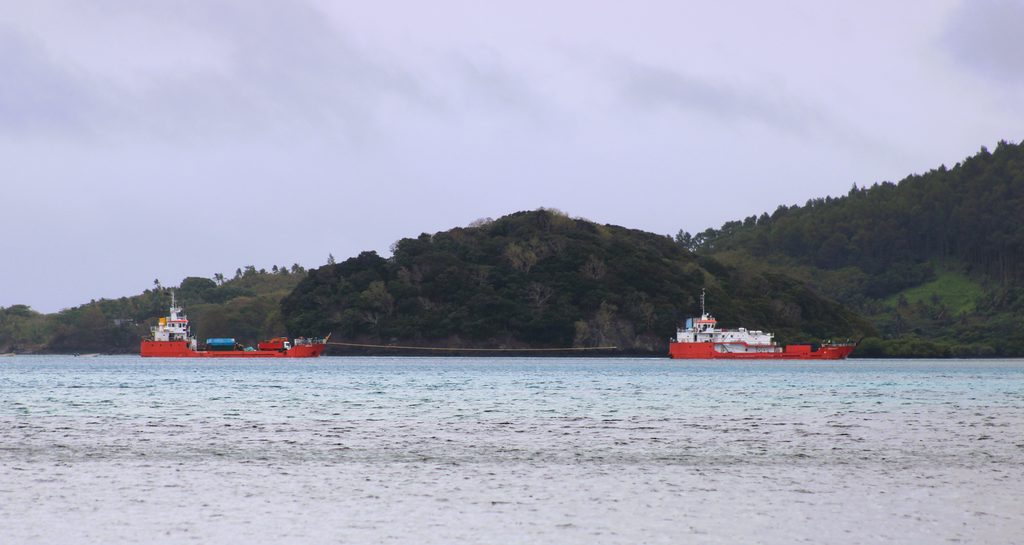ASSSISTANT Minister for Public Works, Meteorological Services and Transport, Naisa Tuinaceva, has praised the people of Matuku for taking charge of their own development, saying the responsibility and unity displayed during the recent Fiji Day and Matuku celebrations were proof of the island’s growing self-reliance.
Speaking after a farewell church service at Lomati Village, organised for government officials and media representatives, Mr Tuinaceva, himself a native of Lomati, said that returning home in such a capacity was both personal and profound.
“For me personally, as a child of Lomati Village here on Matuku, it was an honour and privilege to be back among my people to witness the spectacular display of solesolevaki, the unity of Matuku’s people,” he said, referring to the communal spirit showcased during festivities at Yaroi Village.
Although the Assistant Minister said he had travelled in the spirit of a Kai Matuku rather than as a government official, he took the opportunity to visit several villages across the island.
Bad weather and difficult road conditions prevented him from reaching all communities, but he said he gathered enough insight to understand the core concerns of the islanders.
“Already some big projects and developments are being earmarked for Matuku, and much of this is not driven by government, but by the people of Matuku themselves, taking responsibility for their own development.”
Roads, solar power and sea travel
Mr Tuinaceva highlighted major progress in road infrastructure, stating that more than 80 per cent of the seven villages were already connected by road, with the remaining two to follow soon.
However, he stressed that local participation was needed to maintain accessibility.
He urged the villages to clear overgrown areas and called for more vehicles to be brought to the island to ensure the roads were properly utilised, both to improve mobility and reduce transport costs.
On electricity, the Assistant Minister praised the widespread use of solar systems across Matuku.
“The coverage for solar power throughout Matuku is incredible, almost every house has access to solar lighting and energy and it’s truly wonderful to see this.”
Maritime access, he added, had improved significantly over the years but there was still room for enhancement.
Social welfare concerns
While infrastructure remains a key priority for island communities, Mr Tuinaceva said the most compelling issues raised during his visit were related to social welfare.
He cited concerns from elderly residents, widows, women and persons with disabilities about access to assistance schemes.
In particular, he said existing welfare programmes were often designed around ‘urban needs’ and did not reflect ‘rural realities’.
“Instead of receiving bus-fare assistance topped up to their card, it would be better for them to receive boat-fare assistance in cash, given that their main mode of transportation is by boat.”
He also noted that many villagers were not aware of certain government programmes they were eligible for, such as support for single parents or children raised by extended family members. He used the tour to raise awareness of these opportunities.
Education and enterprise
The Assistant Minister was encouraged by grassroots initiatives underway around the island, particularly the rise of cooperative ventures run by women’s groups, youth groups and tokatoka (family units).
These, he said, would play a vital role in driving local economic activity.
He also urged villagers to take advantage of educational opportunities, especially with the establishment of Matuku Secondary School and plans for it to expand into a vocational centre.
“It’s not just about academic qualifications. If they know they have capabilities in trade skills and that’s the direction they want to move into, then programmes are there under government to support this.”
Mr Tuinaceva also encouraged communities to utilise schemes such as the Village Beautification Programme to upgrade footpaths and lighting.
“I will take your voices back”
In closing, the Assistant Minister reiterated that his visit was not ceremonial but a listening exercise.
“I have taken note of all the requests and suggestions that have been put to me and I am determined to get as much assistance as possible for Matuku to ensure it thrives and develops along with the rest of Fiji.”
For Matuku, he said, the future looks promising, not just because of government intervention, but because of the will of its people.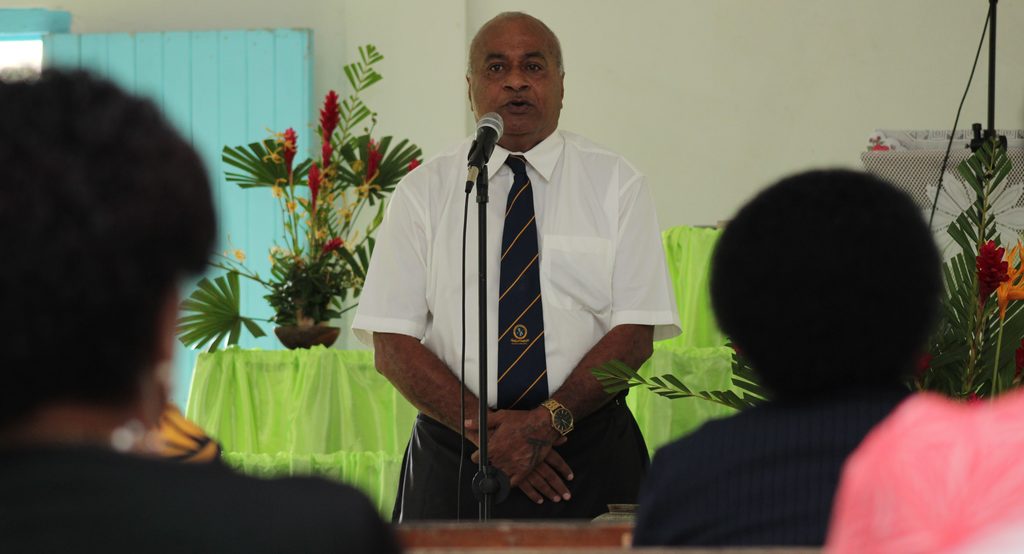
Mr Tuinaceva speaks during the farewell service at the Lomati Methodist Church. Picture: ALIFERETI SAKIASI
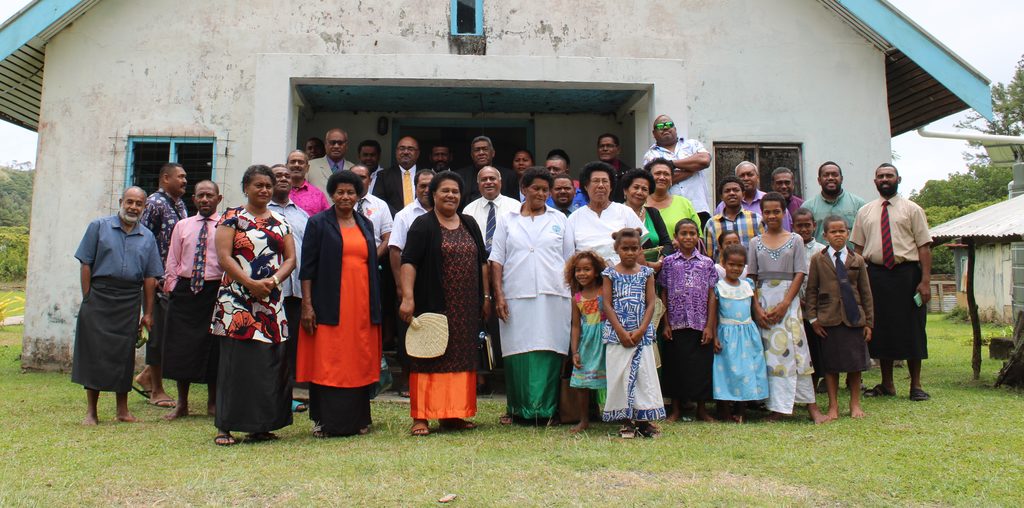
Villager of Lomati villagers and government reps pose in front of the village church after the Sunday service. Picture: ALIFERETI SAKIASI
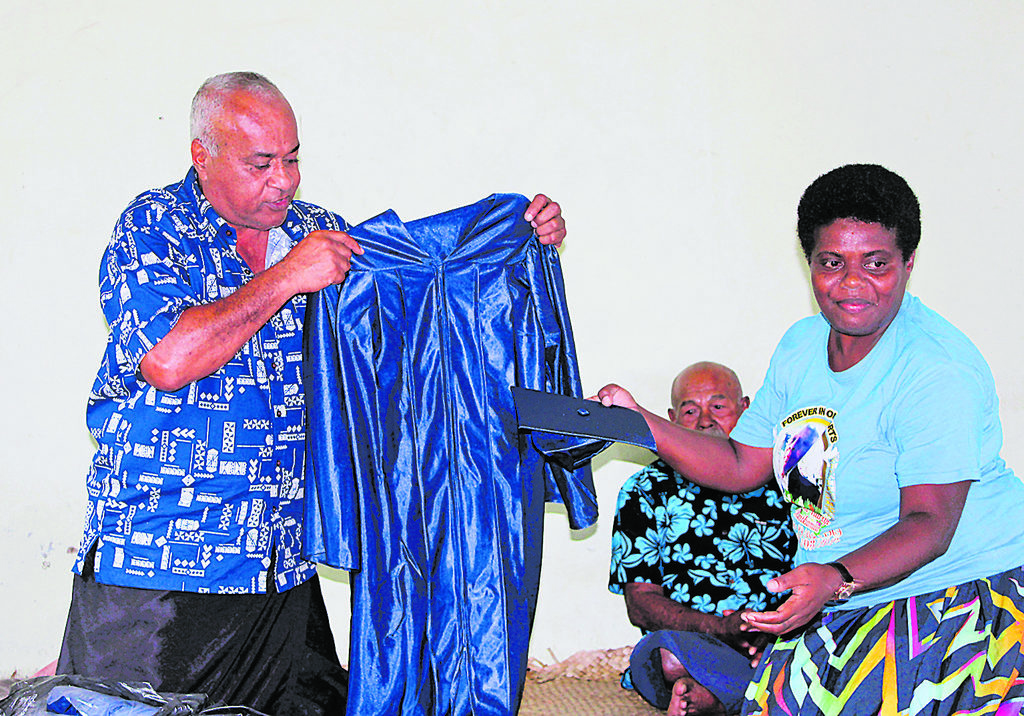
Minister Naisa Tuinaceva presents the new graduation gowns donated by Mr Poasa Koroitamana to the Head Mistress of Delaiverata District School. Picture: ALIFERETI SAKIASI
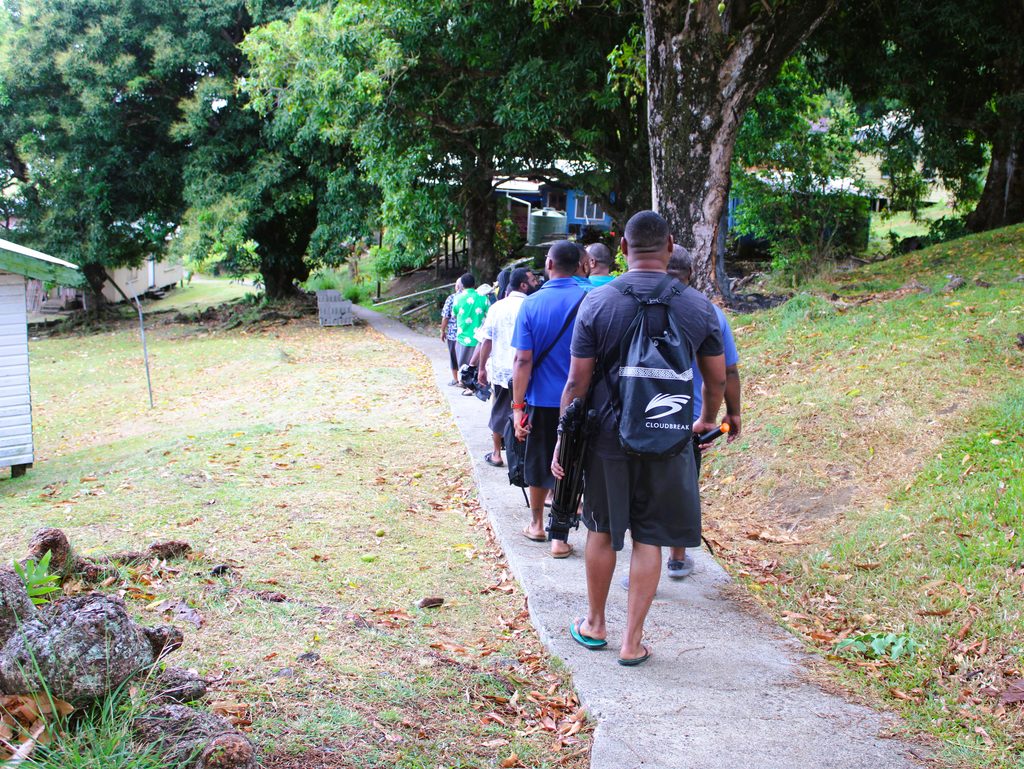
The government and media team makes their way down to Makadru Village hall. Picture: ALIFERETI SAKIASI
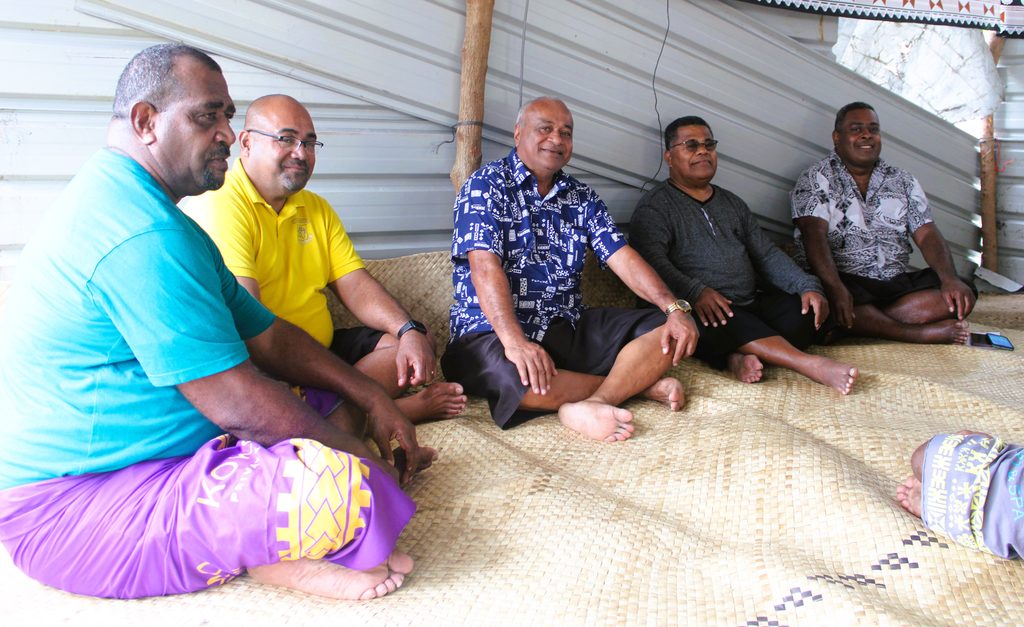
Mr Tuinaceva, Reverend Wilfred Regunamada (yellow shirt) and elders from the village of Levukaidaku. Picture: ALIFERETI SAKIASI
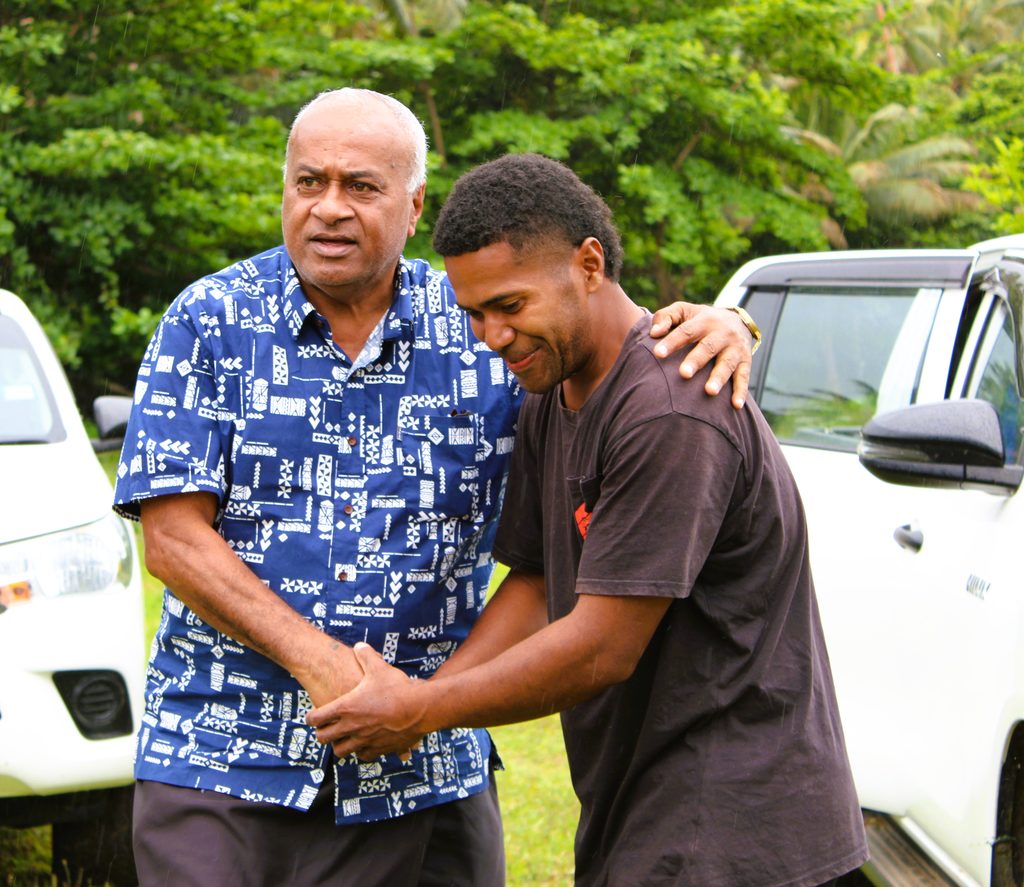
Assistant Minister Naisa Tuinaceva is greeted by a gentleman from Levukaidaku Village in Matuku. Picture: ALIFERETI SAKIASI

